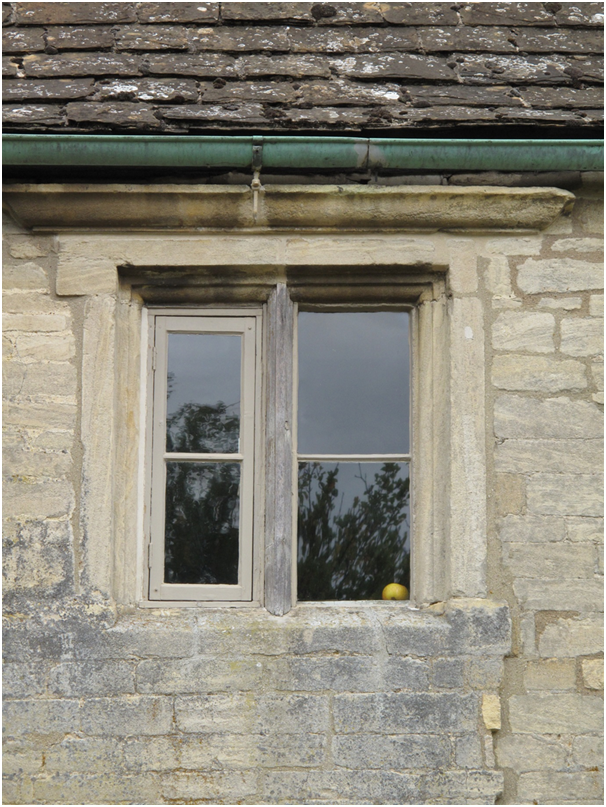At Woolsthorpe Manor,
his childhood home,
the famous apple tree –
or perhaps its latter-day descendent,
a gracious Maid of Kent –
still droops its gnarled arms toward the
clottedness of earth,
giving up its wormed and floury fruit to the grass,
to the possibilities of turbulent
and muddy transformation:
Outwitting the plague, he sat for seasons in his quiet house,
its losses and constraints,
the drabness of its close routines;
almost a poet,
he watched
with such stillness and
openness
and restlessness –
the quiet world unfolding in his garden;
an ordinary miracle that needs a different eye to see it,
a new tilt of the head, or sudden mood of
equanimity that allows leaves to rustle,
branches to brush the lawn,
a bird to move discretely and even
try out some autumnal singing –
each thing
sifting into
place,
judged or
unjudged:
until an apple simply
falls –
a muscular movement of energy,
and chance –
and a new constellation of elements
spins
shimmering
into view.



